How to get an Oscar at the age of 6: the story of Shirley Temple, the youngest winner of the film award
Categories: Celebrities | Children | Cinema | History | North America
PictolicThe world of cinema also has its own prodigies. Someone has to wait for years, like Leonardo DiCaprio, for official recognition of their merits, and someone manages to get the coveted statuette at the dawn of his film career. That's what happened to the 1930s doll girl Shirley Temple - the youngest Oscar winner and the most popular child actress of all time. However, her fate was the same as the fate of many prodigies: when she grew up, she was forgotten.
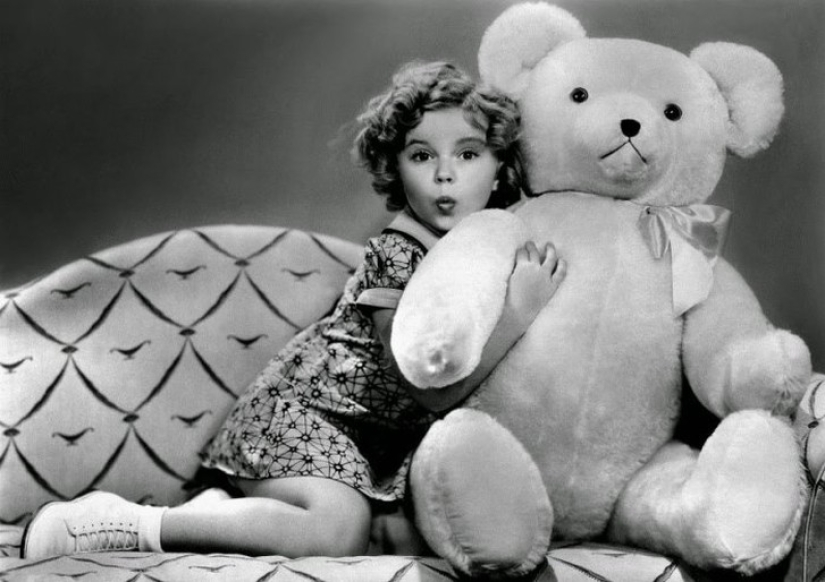
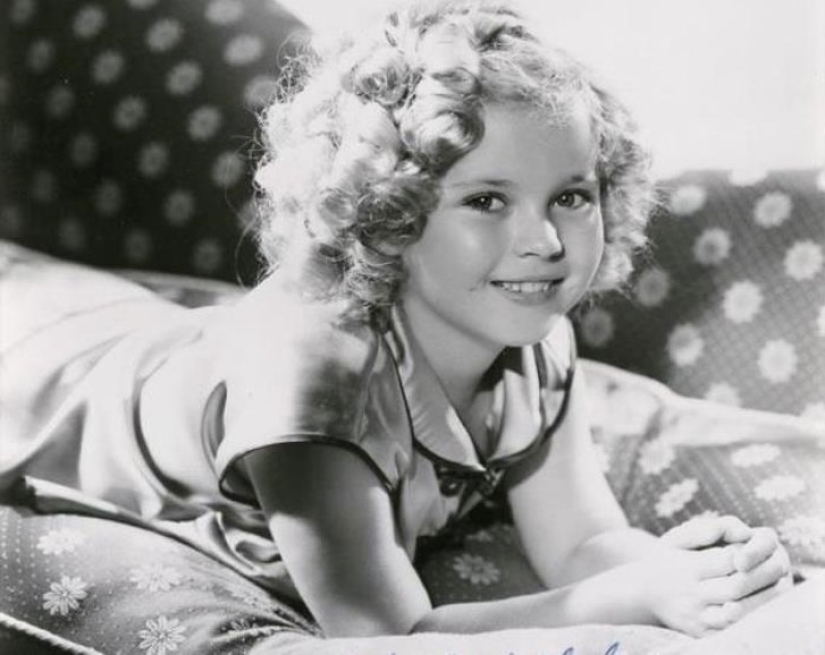
Shirley's achievements were not so much her own merit as the result of her parents' efforts. Ever since the birth of their daughter, they decided that she should be a star at all costs.
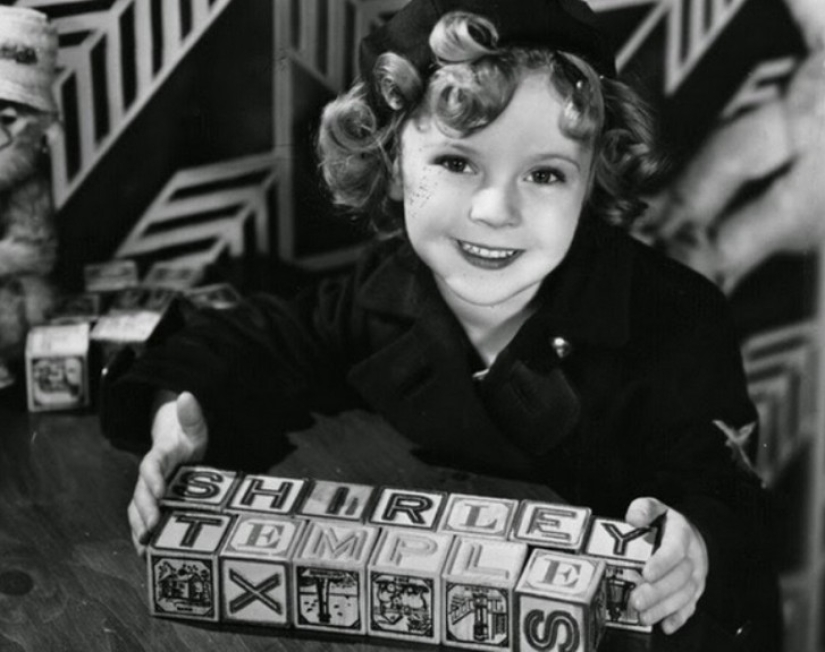
At the age of three, she was sent to Miss Melgin's famous dance school. It was there that a Hollywood producer who was looking for children for a musical series drew attention to her.
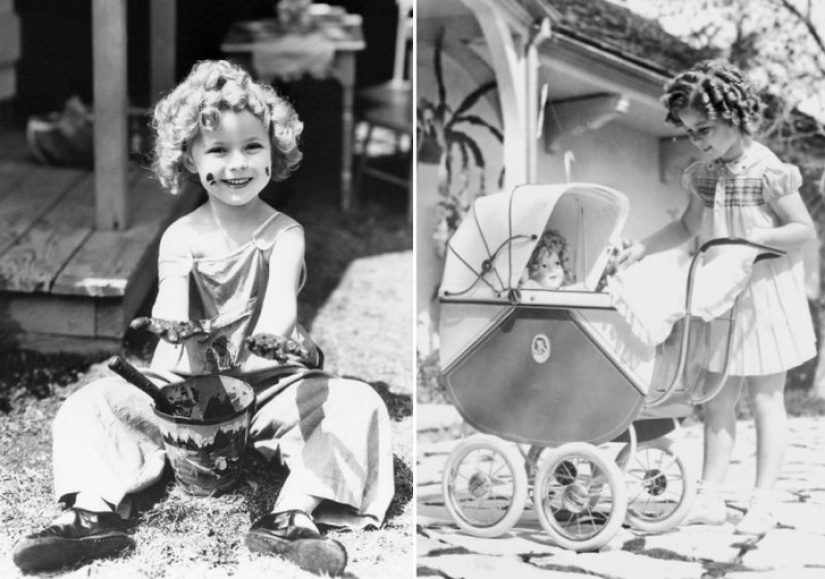
Shirley appeared on the screens very timely: during the Great Depression, people needed exactly such sunny and bright images, forcing them to forget about unemployment and rampant crime for a while.
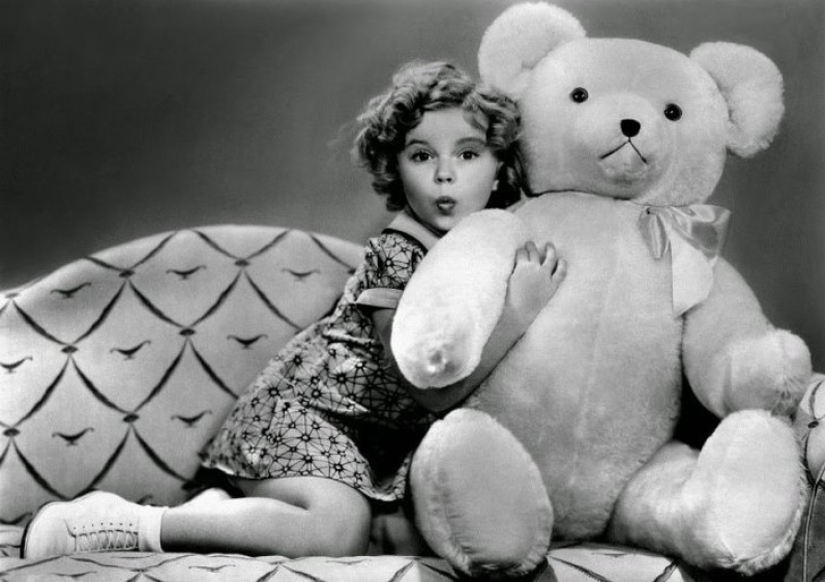
Shirley even managed to save the Fox film studio from ruin. The little actress has worked with the best screenwriters, actors and composers of Hollywood.
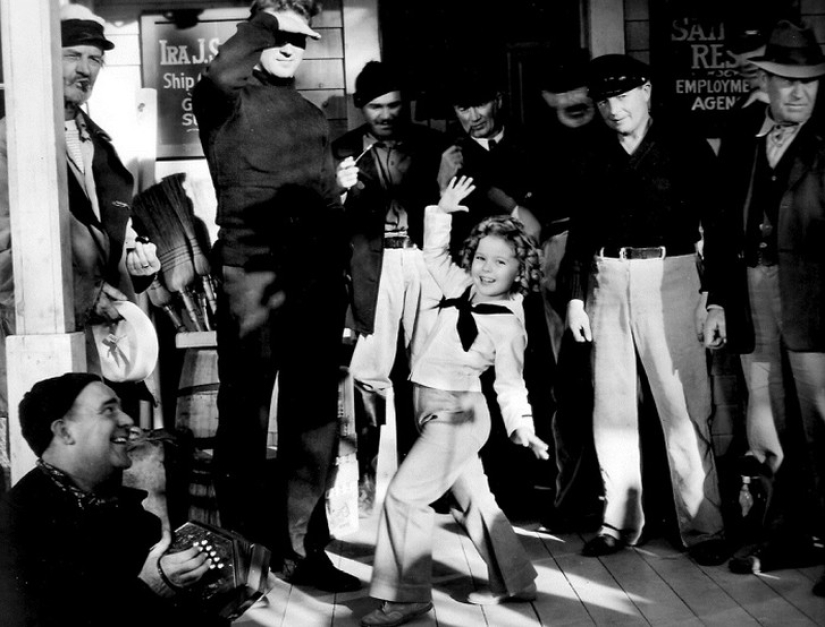
The parents continued to work tirelessly on their daughter's image: her mother curled her curls daily, which became her calling card, the girl was hired by a private teacher to teach tap dancing — while journalists were told about her innate dancing talent. As a result, Shirley became one of the highest-paid actresses in Hollywood during the Great Depression.
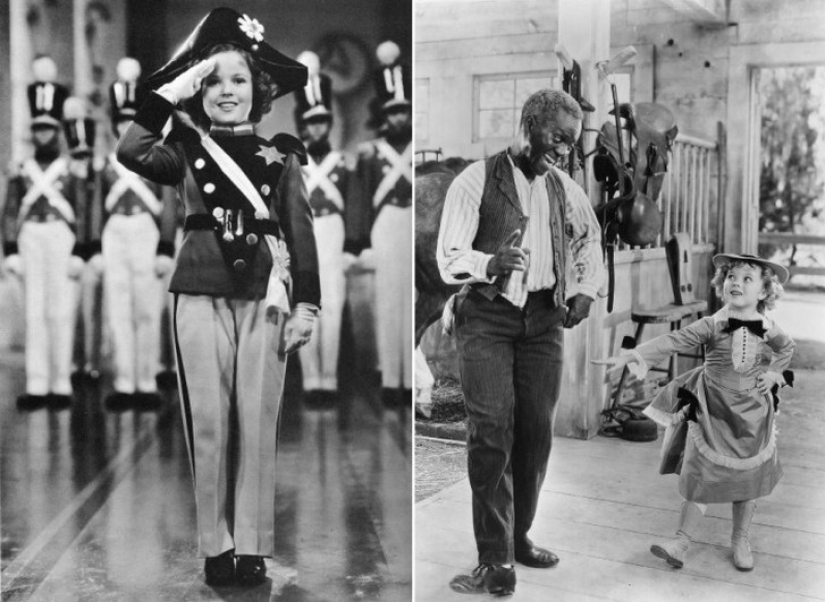
Shirley in the films "The Little Colonel" and "Rebecca from Sunnybrook Farm".
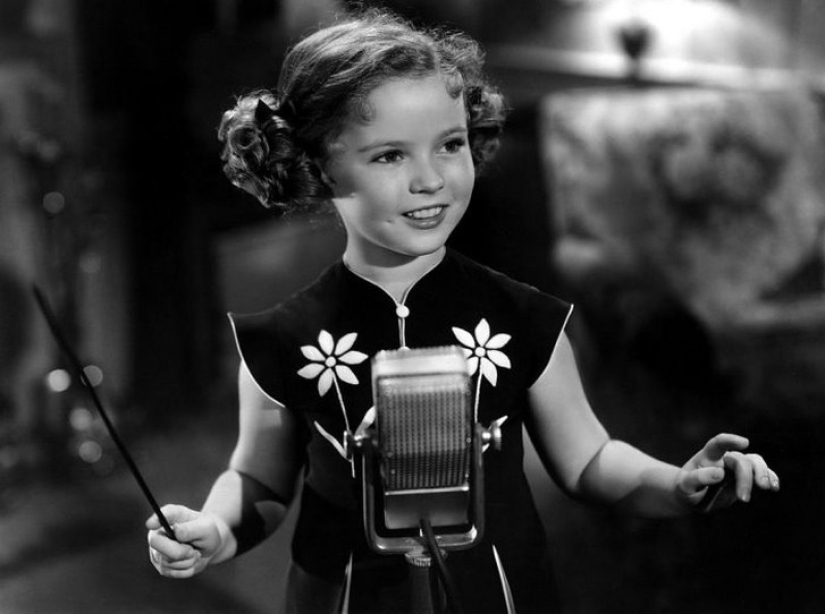
In 1934, at the age of six, Shirley Temple became the winner of the Oscar film award and forever went down in history as the youngest actress awarded the prestigious award. However, now this award is called "fake", as it was called "honorary children's".
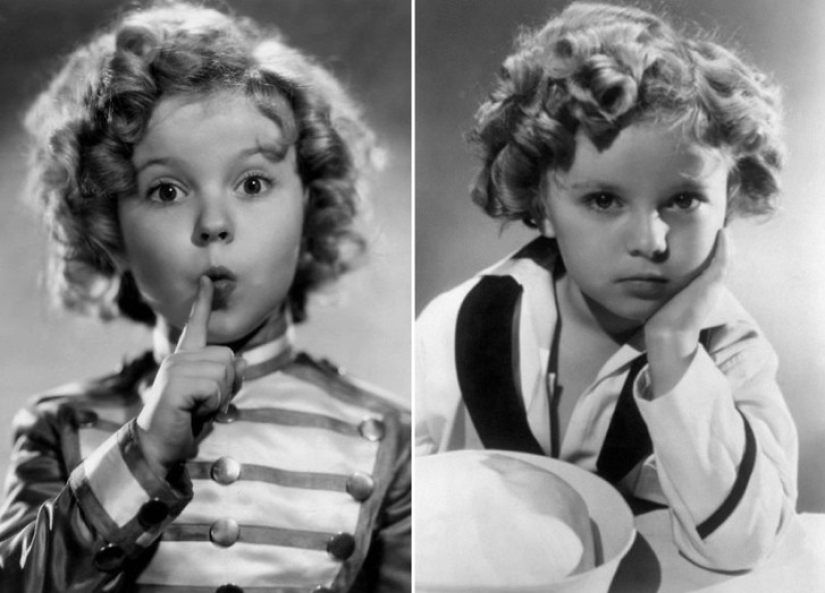
It is said that Shirley became the winner not because of her talent, but solely because she "brought more happiness to millions of children and adults than any other child in the world." At least, that was the official wording of the American Film Academy.
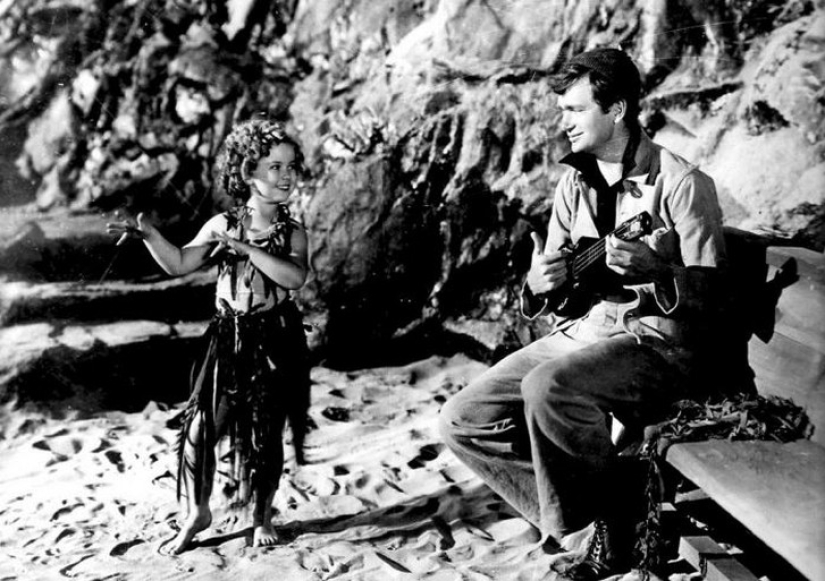
Already at a young age, Shirley learned that fame has a downside. "At the age of six, I stopped believing in Santa Claus. Before Christmas, my mother took me to the store, and Santa, who was congratulating customers, asked me for an autograph," she recalled sadly.
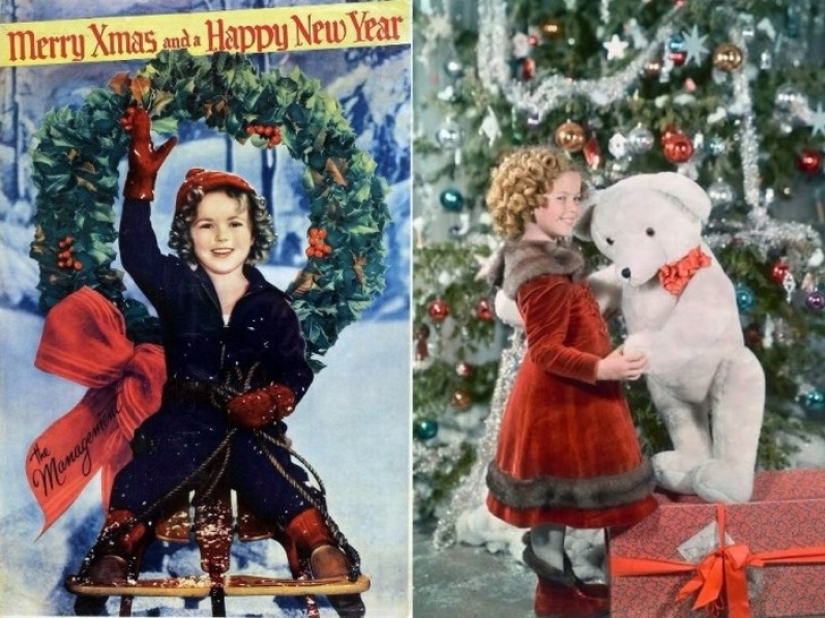
By the age of eight, the girl had earned more than $ 8 million. Her portraits were printed on postcards, posters, souvenirs. The most popular toy in the world before the advent of Barbie was a doll replica of Shirley Temple. This charming girl evoked smiles of affection from absolutely everyone. 250 thousand records with recordings of Christmas songs performed by her flew off the shelves in three days. In 1935, she left her handprint on the Alley of Stars in Los Angeles.
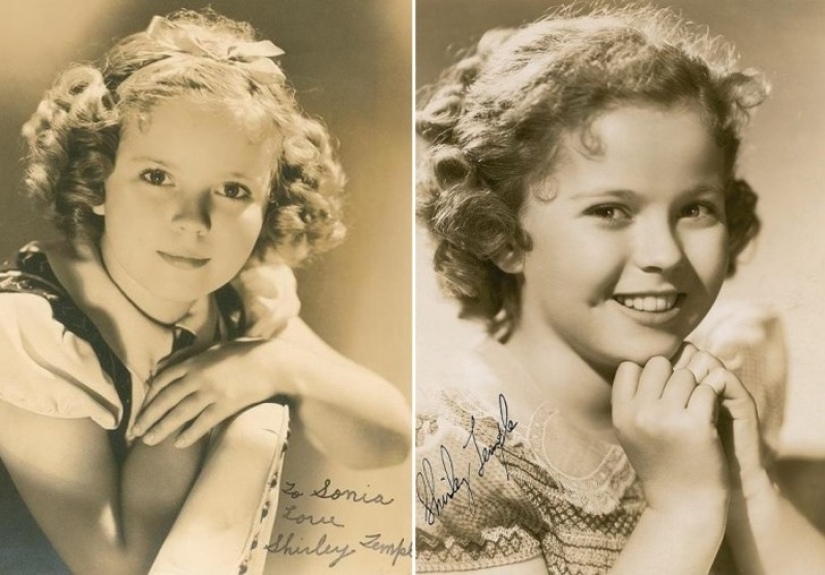
Some critics accused the young actress of overplaying, called her a "quick mannequin" and predicted her soon oblivion, as "circus acts quickly become boring." And ordinary viewers idolized her smile and believed that she reconciles lovers.
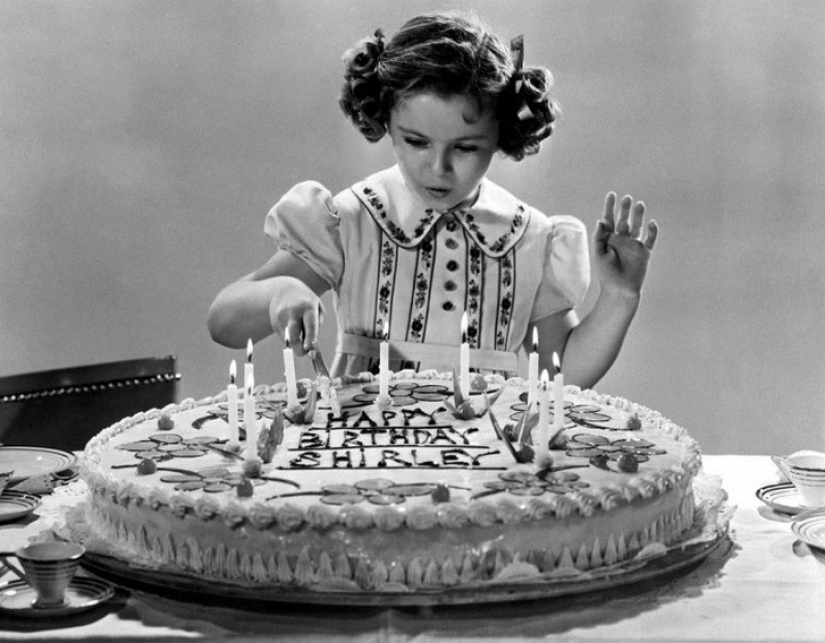
Shirley Temple's luck turned against her when she turned 12. She was not accepted for the role of Dorothy in the movie "The Wizard of Oz", the following films with her participation failed. Shirley was no longer a charming child—she had grown up.
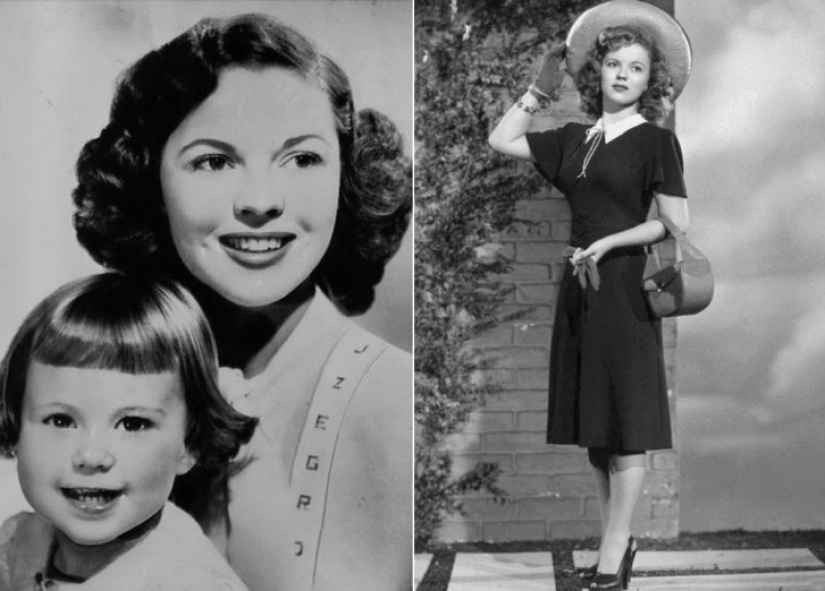
Temple starred in several more films, but there was no trace of her former popularity. This was the end of the little star's film career.
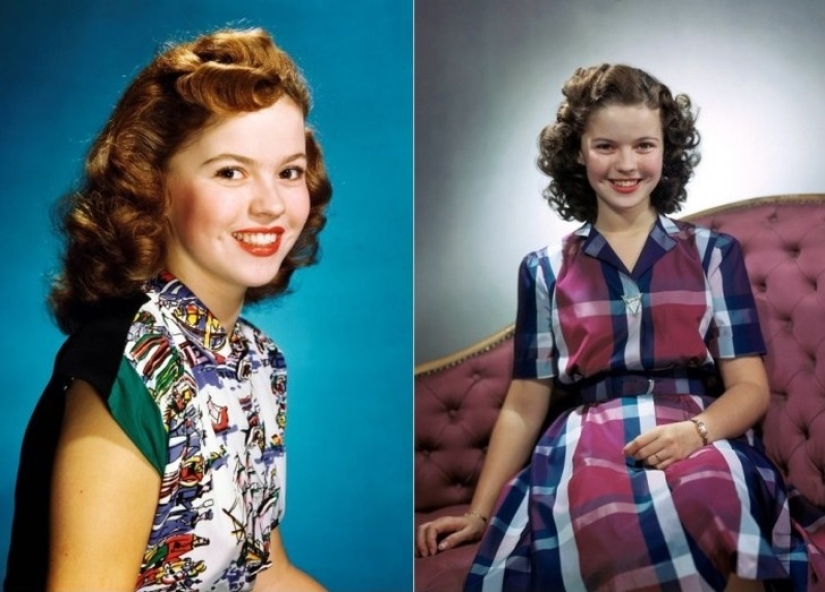
The adult Shirley was no longer interesting to the viewer.
Shirley left the world of cinema for the world of politics. She became a member of the Republican Party, participated in the Nixon election campaign, intended to become a senator herself, but lost the election. She became the first woman to hold the post of head of the Presidential Protocol Service, was the American ambassador to Ghana and Czechoslovakia.
Recent articles

It's high time to admit that this whole hipster idea has gone too far. The concept has become so popular that even restaurants have ...

There is a perception that people only use 10% of their brain potential. But the heroes of our review, apparently, found a way to ...

New Year's is a time to surprise and delight loved ones not only with gifts but also with a unique presentation of the holiday ...